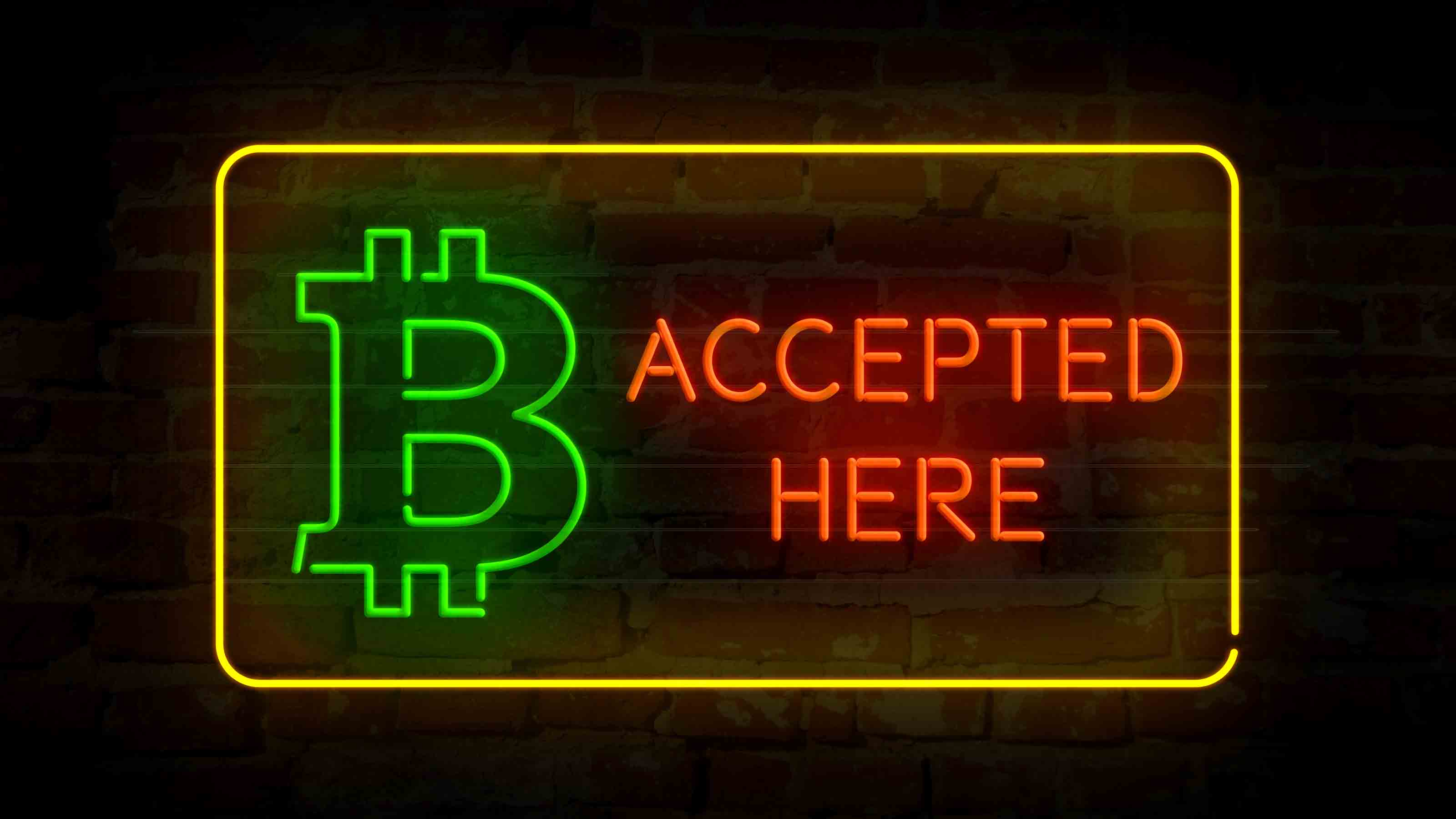Why Everyone Needs an Estate Plan
Even if you're unmarried and without dependents, you should still have a will.

Profit and prosper with the best of Kiplinger's advice on investing, taxes, retirement, personal finance and much more. Delivered daily. Enter your email in the box and click Sign Me Up.
You are now subscribed
Your newsletter sign-up was successful
Want to add more newsletters?

Delivered daily
Kiplinger Today
Profit and prosper with the best of Kiplinger's advice on investing, taxes, retirement, personal finance and much more delivered daily. Smart money moves start here.

Sent five days a week
Kiplinger A Step Ahead
Get practical help to make better financial decisions in your everyday life, from spending to savings on top deals.

Delivered daily
Kiplinger Closing Bell
Get today's biggest financial and investing headlines delivered to your inbox every day the U.S. stock market is open.

Sent twice a week
Kiplinger Adviser Intel
Financial pros across the country share best practices and fresh tactics to preserve and grow your wealth.

Delivered weekly
Kiplinger Tax Tips
Trim your federal and state tax bills with practical tax-planning and tax-cutting strategies.

Sent twice a week
Kiplinger Retirement Tips
Your twice-a-week guide to planning and enjoying a financially secure and richly rewarding retirement

Sent bimonthly.
Kiplinger Adviser Angle
Insights for advisers, wealth managers and other financial professionals.

Sent twice a week
Kiplinger Investing Weekly
Your twice-a-week roundup of promising stocks, funds, companies and industries you should consider, ones you should avoid, and why.

Sent weekly for six weeks
Kiplinger Invest for Retirement
Your step-by-step six-part series on how to invest for retirement, from devising a successful strategy to exactly which investments to choose.
I'm unmarried and childless, so I didn't see the point in having a will until last year, when my mom planted the idea. Even now—like many of my peers—I am procrastinating. According to a recent survey from Caring.com, 78% of millennials don't have a will. "People don't want to talk about death," says Byrke Sestok, a certified financial planner with Rightirement Wealth Partners in White Plains, N.Y. But if you die without a will, he says, the consequences for your loved ones can be disastrous.
The whole package. A will spells out how you want your assets distributed after your death, and it names an executor to handle these transfers. Otherwise, you will die intestate, meaning your state decides how to distribute your property and funds, generally starting with your parents if you're childless (unless an account, such as your bank account, designates a beneficiary or is held jointly). Even if you want to leave everything to your parents, a will streamlines the process, says Jeana Salman, a CFP in Atlanta.
Two other documents may be even more important than a will for single, healthy millennials. The first is a durable power of attorney, which names the person who can manage financial matters on your behalf if you are unable to (say, because you've become incapacitated or you're simply unavailable because you're traveling abroad). The second is an advance medical directive, which defines your end-of-life wishes concerning life support, comfort measures and more. You'll also name a person to carry out those decisions on your behalf, either within the medical directive or in a separate document.
From just $107.88 $24.99 for Kiplinger Personal Finance
Become a smarter, better informed investor. Subscribe from just $107.88 $24.99, plus get up to 4 Special Issues

Sign up for Kiplinger’s Free Newsletters
Profit and prosper with the best of expert advice on investing, taxes, retirement, personal finance and more - straight to your e-mail.
Profit and prosper with the best of expert advice - straight to your e-mail.
If you don't specify your wishes or designate a health care agent and you fall into a persistent vegetative state, you will likely be kept alive artificially by default, says Steven Schindler, a partner at Perkins Coie LLP in Seattle. You can expect to pay anywhere from a few hundred to a few thousand dollars for a basic estate package, depending on where you live, the complexity of your estate and the experience of your attorney. On your own, you can designate beneficiaries for your bank, brokerage and retirement accounts.
Another aspect of estate planning that millennials need to worry about is maybe the scariest one of all: What happens to your digital assets—personal photos, gossipy messages and embarrassing e-mails—when you die? Facebook defaults to memorializing your account (you can appoint a "legacy contact" or choose to have it deleted instead). Google lets you choose up to 10 trusted contacts who may download data from your Gmail, photos and more if you become inactive for a specified amount of time. Most states have enacted or introduced laws that govern how an executor can access digital assets, but a lawyer can help you tailor a plan to legally authorize someone to handle them.
Getting started. Think about the person (or people) you want to appoint as your executor and to have power of attorney for both health and finances. The best person to make financial or medical decisions on your behalf—and delve into your private matters—may not be the one you feel closest to.
You can find an estate planning lawyer through your local bar association or the directory on your local Estate Planning Council's website (find links at www.naepc.org). Before hiring a lawyer, check to see whether your employee benefits include free estate planning. If not, a low-cost online tool such as LegalZoom, where a bundle of the basic documents and one year of lawyer's advice costs $149, may be a tempting way to save cash. But these services won't always capture the nuances of your situation or adapt to evolving laws.
As for me, I have an appointment with an estate-planning lawyer, and I chose trusted contacts for my Facebook and e-mail accounts as I wrote this story. Yes, it felt a bit morbid, but it's a relief to know that people I trust are in charge of my legacy.
Profit and prosper with the best of Kiplinger's advice on investing, taxes, retirement, personal finance and much more. Delivered daily. Enter your email in the box and click Sign Me Up.

-
 Ask the Tax Editor: Federal Income Tax Deductions
Ask the Tax Editor: Federal Income Tax DeductionsAsk the Editor In this week's Ask the Editor Q&A, Joy Taylor answers questions on federal income tax deductions
-
 States With No-Fault Car Insurance Laws (and How No-Fault Car Insurance Works)
States With No-Fault Car Insurance Laws (and How No-Fault Car Insurance Works)A breakdown of the confusing rules around no-fault car insurance in every state where it exists.
-
 7 Frugal Habits to Keep Even When You're Rich
7 Frugal Habits to Keep Even When You're RichSome frugal habits are worth it, no matter what tax bracket you're in.
-
 About 40% of Heirs Say They Can’t Afford an Inherited Home
About 40% of Heirs Say They Can’t Afford an Inherited HomeEstate Planning The ‘Great Wealth Transfer’ may not help with high property taxes, soaring homeownership costs, and liquidity issues in 2025.
-
 Bear Market Strategy for Millennial Investors
Bear Market Strategy for Millennial InvestorsA focused, goal-oriented approach to investing can help millennials navigate a bear market.
-
 Why a Target-Date Fund Works for Me
Why a Target-Date Fund Works for Meinvesting Target-date funds are attractive for their simplicity. And while I've invested in one in the past, that doesn't mean it's the right choice for you.
-
 How Do I Spend My Bitcoin? (And Where?)
How Do I Spend My Bitcoin? (And Where?)cryptocurrency You can invest in Bitcoin, but seeing as it's a digital currency, you can spend it, too – at a rapidly growing number of businesses. Here's how.
-
 Can You Trust TikTok’s Advice?
Can You Trust TikTok’s Advice?Becoming an Investor TikTok is rife with pitches for trendy, volatile investments, including cannabis and cryptocurrencies.
-
 Should You Invest in Crypto?
Should You Invest in Crypto?Becoming an Investor Before you put any money into cryptocurrencies, establish a core portfolio in line with your investing goals.
-
 Millennials Face Their Second Recession
Millennials Face Their Second RecessionMaking Your Money Last Forty percent of millennials say the pandemic will likely cause them to delay payments on their debts. Does that include you? Time to take action.
-
 My First Bear Market, By the Book
My First Bear Market, By the BookInvestor Psychology I'm boosting my 401(k) contributions now that my gym membership and student loan payments are on hold.